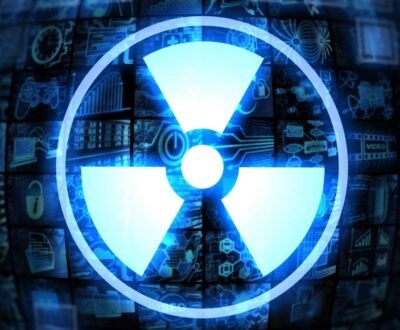Cone beam Computed Tomography (CBCT) an useful imaging modality for its accuracy and diverse clinical utilization. The first CBCT unit that was industrialized precisely for dental use was the New Tom 9000 (Quantitative Radiology, Verona, Italy). CBCT is well suited for imaging the craniofacial area. CBCT provides volumetric analysis with a short scan time, and relatively less radiation dose than conventional medical CT, hence has resulted in greater application as an imaging modality within all disciplines of dentistry. It also provides good image quality of structures with high contrast and is extremely useful for evaluating hard tissues of maxillofacial region. A unique feature of CBCT is it allows the creation in “real time” of images in the axial, coronal, sagittal and even oblique or curved image planes, a process referred to as multi-planar formation (MPR).

CBCT produces 3-Dimensional images useful for many oral and maxillofacial situations that can guide in diagnosis and assessment of disease severity, planning and delivery of treatment, and follow-up. CBCT provides diverse image reconstructions, such as Cephalometrics, TMJ cross-sections etc, hence has become an important adjunct in diagnosis. The ability to visualize bony levels, and the sub-millimetres accuracy enables the images for linear measurements. CBCT is widely applied for evaluating fine anatomical structures, which provide an important diagnostic knowledge for the dentists.
CBCT imaging has beaten the obstacles of 2D imaging, hence this equipment has become a supplement for the dentist, replacing a dependence upon practice-based guess-estimations. A huge possibility is available for further CBCT applications and needs exploration from diagnosis to image guidance of dental procedures. CBCT as an adjunct in dentistry benefits both the patient and practitioners.
Clinical Applications
- Implant planning
- Pathology reporting
- Cephalometric tracings
- Bone density assessment
- Airway assessment
- Maxillary sinus assessment
- Temporomandibular joint views and assessment
CBCT images are interpreted and reported by radiologists who are specialized in Oral and Maxillofacial Radiology. Smart Dental Teleradiology provide Online CBCT Reporting service to the dental practices across the globe.
About us and this blog
We are a teleradiology service provider with a focus on helping our customers to repor their radiology studies. This blog brings you information about latest happenings in the medical radiology technology and practices.
Request a free quote
We offer professional teleradiology services that help hospitals and imaging centers to report their radiology cases on time with atmost quality.
Subscribe to our newsletter!
More from our blog
See all postsRecent Posts
- Understanding the Challenges of Teleradiology in India January 19, 2023
- Benefits of Teleradiology for Medical Practices January 16, 2023
- Digital Transformation of Radiology January 2, 2023









